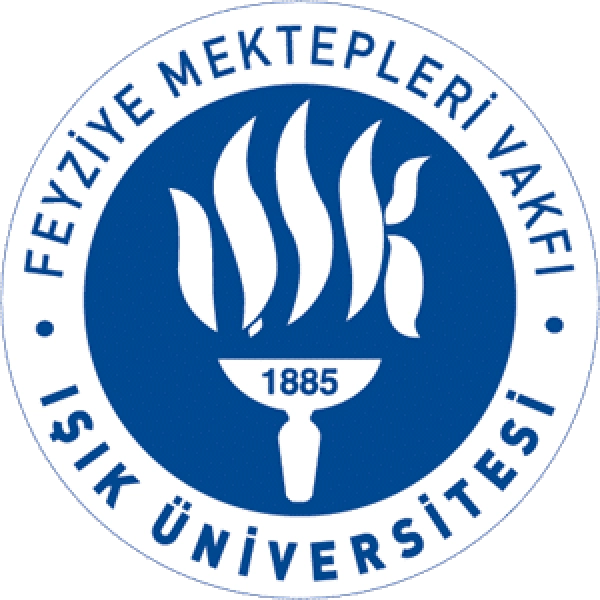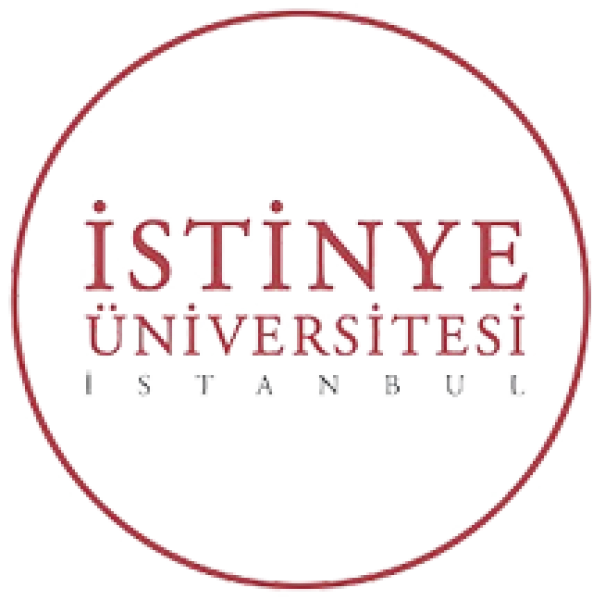College: Engineering
Biomedical engineering integrates engineering principles with biological and medical sciences to develop technologies and solutions for healthcare. Students acquire skills in biomaterials, biomechanics, medical imaging, bio-devices, and regulatory affairs, preparing for careers in medical device companies, healthcare institutions, research labs, and related fields.
Learning Objectives:
- Understand the principles and applications of biomedical engineering.
- Develop skills in biomaterials and tissue engineering.
- Learn biomechanics and human physiology.
- Explore medical imaging techniques and bio-devices.
- Analyze regulatory affairs and quality assurance in biomedical engineering.
- Develop critical thinking, problem-solving, and research skills.
- Gain practical experience through projects and internships.
Curriculum:
- Introduction to Biomedical Engineering - Overview of biomedical engineering, its principles and industry trends.
- Biomaterials and Tissue Engineering - Study of biomaterials and their applications in tissue engineering and regenerative medicine.
- Biomechanics - Principles of biomechanics and their applications in understanding human movement and medical device design.
- Medical Imaging - Medical imaging techniques, including MRI, CT scans, and ultrasound.
- Bio-devices - Design and development of biomedical devices and tools.
- Human Physiology - In-depth study of human physiology and its significance to biomedical engineering.
- Regulatory Affairs and Quality Assurance - Understanding regulatory requirements and quality assurance processes in biomedical engineering.
- Biomedical Signal Processing - Techniques for processing and analyzing biomedical signals.
- Biomedical Research Methods - Methods for conducting biomedical research, data collection, and analysis.
- Practical/Applied Training - Real-world experiences in biomedical engineering environments, such as medical device companies, healthcare institutions, or research labs.
- Capstone Project - Comprehensive project applying biomedical engineering skills, such as developing a medical device, conducting research, or designing a biomedical tool.
Assessment Methods:
- Analysis of biomedical engineering principles
- Biomaterials and tissue engineering projects
- Biomechanics and human physiology projects
- Medical imaging and bio-device projects
- Regulatory affairs and quality assurance reports
- Biomedical signal processing projects
- Biomedical research method reports
- Internship reports
- Capstone projects and presentations
Recommended Textbooks:
- "Introduction to Biomedical Engineering"
- "Biomaterials and Tissue Engineering"
- "Biomechanics"
- "Medical Imaging"
- "Bio-devices"
- "Human Physiology"
- "Regulatory Affairs and Quality Assurance"
- "Biomedical Signal Processing"
- "Biomedical Research Methods"
Prerequisites:
Strong foundation in mathematics, physics, chemistry, and biology, with an interest in healthcare and engineering applications.
Duration of the Program:
The program typically lasts 4 years for a Bachelor's degree in Biomedical Engineering.
Certification:
Graduates may obtain certifications such as:
- Certified Biomedical Equipment Technician (CBET)
- Certified Clinical Engineer (CCE)
- Certified Quality Improvement Associate (CQIA) from the American Society for Quality (ASQ)
- Certifications in specific biomedical engineering tools and software
Target Audience:
Aspiring biomedical engineers, medical device developers, healthcare specialists, researchers, and professionals seeking careers in medical device companies, healthcare institutions, research labs, and related fields.
This program equips students with the technical and analytical skills necessary to excel in biomedical engineering, supporting careers in various roles within medical device companies, healthcare institutions, research labs, and related fields.











